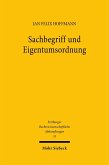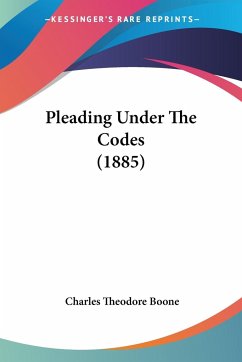This book compares how civil courts in the United States and Germany balance the burdens on plaintiffs and defendants during pleading and information disclosure. It focuses on pleading requirements, accommodations for plaintiffs due to information asymmetry, and testimonial privileges.
At the start of a civil case, courts address key threshold issues before gathering and evaluating evidence. In the U.S., discovery rules provide much broader access to evidence than in Germany. U.S. federal pleading standards were raised after criticism that discovery was too costly and intrusive. However, stricter pleading standards also increase the burden on plaintiffs.The extent to which civil procedure demands cooperation from defendants-such as document and testimony disclosure-reflects deeper value judgments about fair burdens in litigation.
The author uses the ideal types of legal formalism and legal realism to analyze the jurisprudential foundations of German and U.S. approaches to pleading and information disclosure. The book concludes that key procedural principles and long-standing practices explain major differences between the two systems. In Germany, pleading and cooperation rules tend to favor defendants, while in the United States, they generally favor plaintiffs.
Hinweis: Dieser Artikel kann nur an eine deutsche Lieferadresse ausgeliefert werden.
At the start of a civil case, courts address key threshold issues before gathering and evaluating evidence. In the U.S., discovery rules provide much broader access to evidence than in Germany. U.S. federal pleading standards were raised after criticism that discovery was too costly and intrusive. However, stricter pleading standards also increase the burden on plaintiffs.The extent to which civil procedure demands cooperation from defendants-such as document and testimony disclosure-reflects deeper value judgments about fair burdens in litigation.
The author uses the ideal types of legal formalism and legal realism to analyze the jurisprudential foundations of German and U.S. approaches to pleading and information disclosure. The book concludes that key procedural principles and long-standing practices explain major differences between the two systems. In Germany, pleading and cooperation rules tend to favor defendants, while in the United States, they generally favor plaintiffs.
Hinweis: Dieser Artikel kann nur an eine deutsche Lieferadresse ausgeliefert werden.

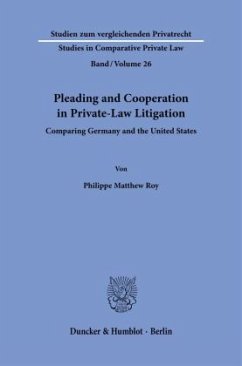
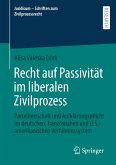
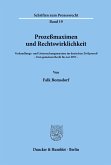
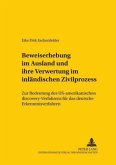
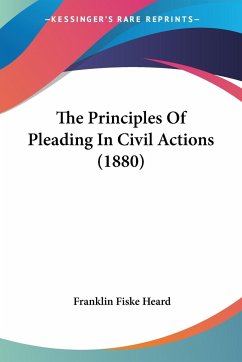
![Common-Law Pleading [1897] Common-Law Pleading [1897]](https://bilder.buecher.de/produkte/35/35612/35612724n.jpg)
